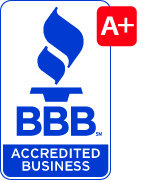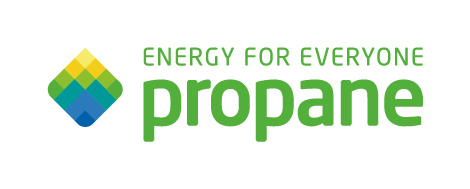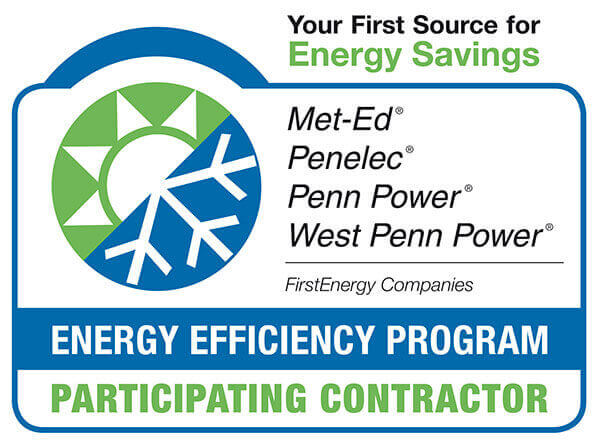Above Ground Heating Oil Tank Regulations Spark Mandatory Inspections
As governing regulations and the National Fire Prevention Association (NFPA) update safety standard changes, SOS complies with all rules and regulations when delivering Home Heating Oil and performs very thorough inspections of your oil tank to ensure the safety of your family and the environment.

Oil Tank Inspection
For aboveground oil tanks, regular visual oil tank inspection by our knowledgeable technicians is probably the best measure that can catch most of the problems with oil tanks and oil tank systems. Inspect

indoor/outdoor aboveground storage tanks for signs of pitting and corrosion, particularly at the bottom of the tank. Remember, oil tanks primarily rust from the inside, out, so if signs of aging are present, replace the tank. Indoor tanks generally do not last more than about 20 to 25 years.
For outdoor/indoor aboveground oil tanks, ask an oil technician to inspect the stability of the tank. A full 275-gallon tank weighs more than 2,000 pounds. The tank has metal legs and should stand on concrete supports or pads, supported by stable, compacted earth. If the legs become loose, the concrete cracks or the supporting earth becomes soft or “squishy” in bad weather, the oil tank can fall over and release product.
Consider replacing an outdoor aboveground storage tank that has been uncovered for 15 years or longer. These tanks rust from the inside out much sooner than indoor tanks and cleaning or painting the outside of the tank does not usually prolong their life.
SOS does not delivery to Fuel tanks that are not NFPA 31 compliant.
This includes
- Tanks with No Vent Alarm.
- Tanks with vent pipes less than 1.25” in diameter.
- Tanks that are heavily rusted and/or pitted.
- Tanks not on secure ground.
- Tanks not vented to the outdoors.
When SOS encounters tanks with any of these above issues, they can not be safely delivered to. A Comfort specialist will follow up with the owner and discuss the next steps on how to get your home safely back up to code.
What are the issues with a bad tank?
The compliance rules prevent a number of possible problems for the environment and homeowners, some of which can be extremely costly to fix. The most obvious and costly one is protecting your basement from oil spillage. If your tank is rusted or pitted, a leak can easily develop. If not noticed, that leak can turn into an unstable spill in your basement. Cleaning hundreds of gallons from a basement is an extremely costly process that may involve state authorities such as the EPA. Not to mention the damage it would do to your belongings.
Spill issues can also arise if the tank is not properly secured to the ground as an unbalanced tank may tip. Also, without the necessary vent alarm, tanks can be overfilled creating an immediate issue requiring cleanup.
The value of early detection of a deficient tank is to be able to recommend corrective service or tank replacement before there is a significant problem.
Always remember that all oil storage tanks are constantly “breathing” and allowing condensation to form on the inside of the tank. The resulting accumulation of water at the bottom of the tank can cause corrosion that occurs from the inside out. You may not notice a problem until it is too late.
Give us a call at 845-3514700 or contact us online to have a visual inspection. Fill Pipes and vent lines need to be an inch and a quarter iron pipe or larger. Plastic and copper are unacceptable. The oil line between tank and heating equipment needs to be protected from corrosion due to cement floors.













